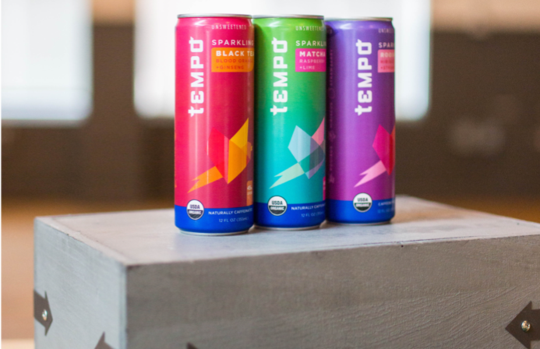Only a decade ago, beverage options were limited for the consumer and the most popular were the ones produced by transnational companies with a global presence. Their wars of brands captured the attention of all.
Yes, we are talking about the Coca Cola and Pepsi Cola days.
According to the Forbes 2017 Largest Companies Global 2000 list, PepsiCo Inc., Coca Cola Co., and Anheuser-Bush were the top three beverage companies in the world, as measured by a composite score. Even though these companies and their products still have a large presence in the market, the beverages landscape has changed a lot lately.
Change of Tastes
The change of consumer tastes and the public search for options that reflect their individuality has open the door for beverage entrepreneurs to offer innovative products.
For these entrepreneurs, the creation and protection of the brands are important to reflect these new markets and reflect their individuality through their product, its ingredients, and uniqueness.
Many of these new beverages express the consumers’ interest in healthy, organic ingredients or experimenting with flavors from other latitudes such as matcha, rooibos, or mate teas.
One of those new companies is Tempo Sparkling, Organic, and Unsweetened Teas, which combine product uniqueness, marketing, and intellectual property protection efforts in a competitive market.
Intellectual Property and Trademark Protections
“Beverage companies need to protect their marketing efforts with a good intellectual property and trademark protection, to differentiate from its competitors, and be able to defend those rights in court”, said Attorney Marcos E. Garcia Acosta a Phoenix metro area based business and IP law attorney. “We had the pleasure to work with the principals of this company assisting them in the trademark protection area with the United States Patent and Trademark Office”. Companies in consumer product areas such as food and beverages need to have the proper counsel to make sure their chosen brands not only are available to avoid conflicts with other companies but also to make sure they will pass the rigorous examination of the trademark office.
This trademark protection is valid in all the 50 USA states.
